Writing.
My current writing centers around the regulation, governance and ethics of artificial intelligence. This page and my google scholar account hosts a selection of writing on that topic and others. Over the last years, I have contributed to various national and international government consultations and AI strategies, as well as to policy papers from the G20, G7, UNESCO, OECD and the European Commission.
If you are interested in learning about the European AI ecosystem then you should sign up to my bi-monthly newsletter.
Book Chapters.

A book chapter with Oxford University Press on the governance of AI in the European Union.
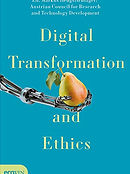
A book chapter on non-medically necessary enhancement from the perspective of the Extended Mind Hypothesis.
Reports.

What would it take for the EU to take a more leading role in AI? This report surveys core components of the EU’s current AI ecosystem, providing the crucial background context.
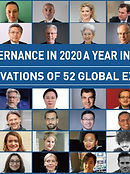
Developed with the Shanghai Institute of Science for Science, this report features 52 international experts' opinions on AI governance.
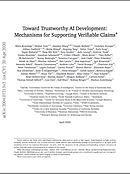
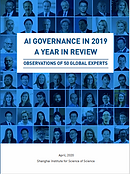
This report proposes mechanisms to improve the verifiability of claims made about a given AI-based system.
Report developed by 50 experts from 44 institutions, including AI scientists, academic researchers, industry representatives, policy experts, and others.


This report outlines how a Guardian for Future Generations would practically work in existing government structures and what would need to change.
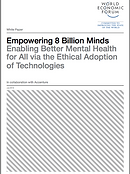
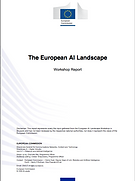
This report discusses the role that technology plays and can play in helping to address mental health concerns.
Papers, Articles and Commentary.

This peer reviewed paper sketches a blueprint of such institutions.

This peer reviewed paper maps and examines the practical space for inter-community collaboration on AI policy.

This peer reviewed paper proposes a novel framework for the development of ‘Actionable Principles for AI’.

Short paper surveying how an AI mega-project could be established in a timely manner in the European Union.

We are in the middle of an urgent and crucial time to meaningfully shape the current ecosystem. This article on the St Gallen Symposium examines how.
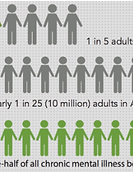
A popular article on AI usage in mental health practice on the World Economic Forum's Agenda which discusses promising directions towards early detection
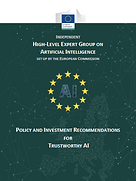
This document serves as a short overview of the Policy and Investment Recommendations for Trustworthy AI.

This is a partial overview of the Coordinated Plan on AI that I have cut down, re-structured and edited to highlight the aspects that I am most excited about.

The Federal Government accepts the assignment the rapid progress in the field of artificial intelligence (AI) offers.

The reviewed document is: very aligned with European Commission’s AI strategy and the Digital Day Declaration - strong focus on knowledge transfer (connecting R&D&I with economy and industry).


